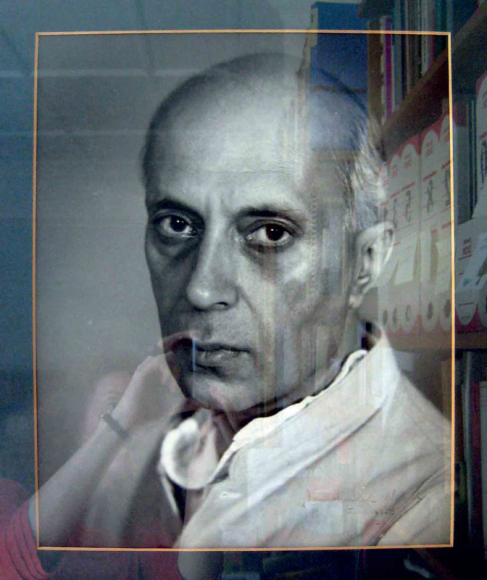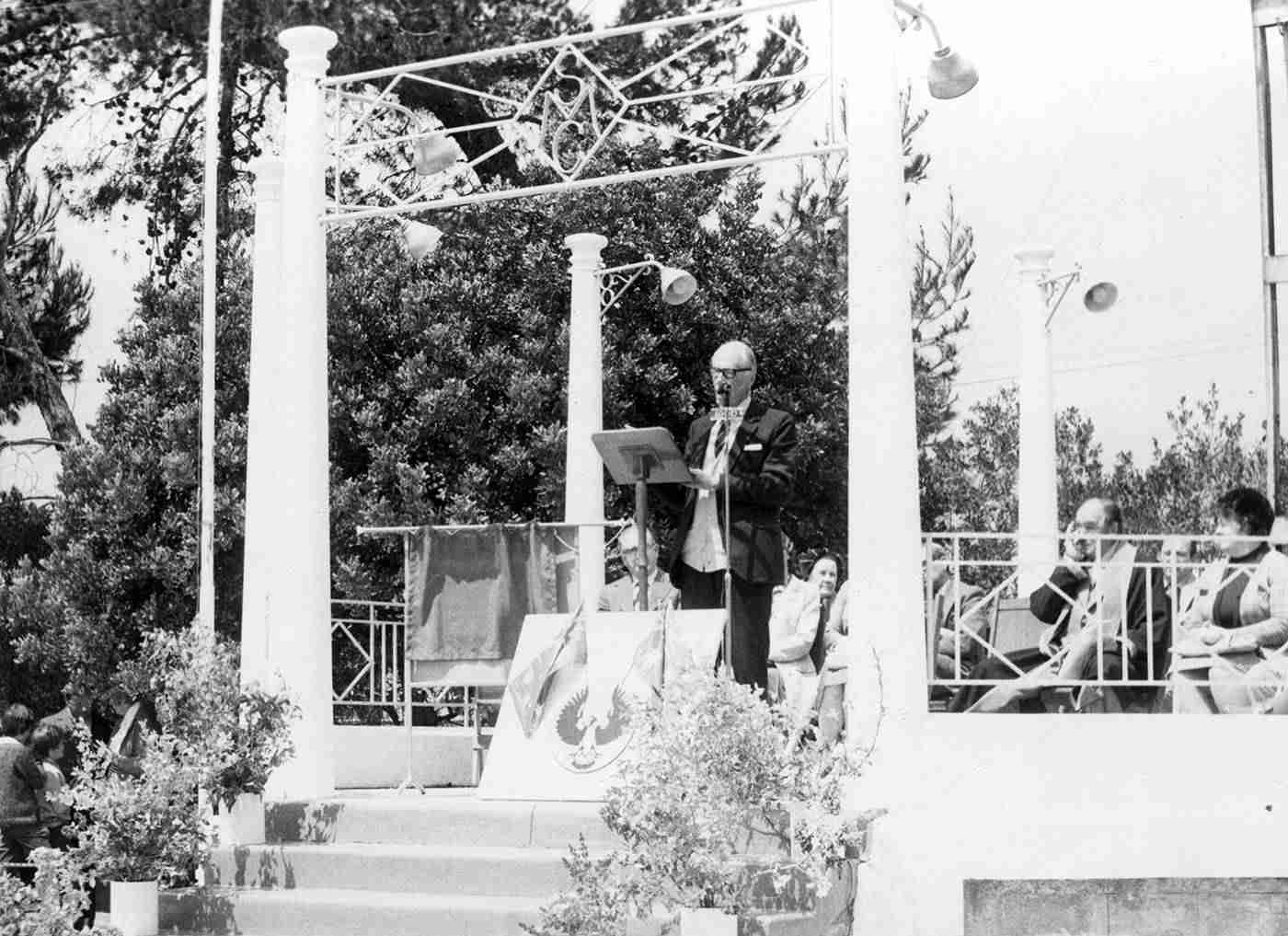


But from what I did see they appear to be rich in insight and information, not just about Nehru but also with regard to other individuals he met in India. I did not have the time to examine his diaries systematically. But there are some personal insights that did not find their way into the book - as, for example, an account of a dinner hosted by Nehru the day Edwina Mountbatten died, when, in a magnificent display of self-control, he attended to the visiting dignitaries with his usual charm and hospitality. Is there any plan to publish them? Do they cast a different light on events and people than his book? Crocker has a dry, ironic, understated style which effectively brings Nehru down to earth. This may also be the best-written book on Nehru. He praises Nehru for this principal achievement - the nurturing of democracy - while criticising him on other counts. Crocker recognises the enormity of the task Nehru set himself and his colleagues - the building of democracy in a poor, divided, hierarchical and largely illiterate society. What does Crocker catch about Nehru that other biographers have not?Įssentially, his book is the most judicious and balanced of the works on Nehru.

Given this colossal influence, and given India's size and diversity, it is only natural that we are so interested still in Nehru's life and legacy. Nehru had a profound influence on the history of modern India - as another foreign diplomat, the Canadian Escott Reid, once remarked, in terms of his impact on his country Nehru was like Napoleon, Washington and Lincoln rolled into one. I picked up a copy on the pavement in Daryaganj, and read it with fascination, and then read it again.Īfter so many biographies, why are biographers still drawn to Nehru? Where did you first come across this book?Ībout 10 years ago. Guha answers our questions on the book by email. Crocker's excellent little book went out of print decades ago, but was recently rediscovered by historian Ramachandra Guha, and this new edition is out in time for Nehru's 119th birth anniversary. Two years after Nehru's death, Crocker published an 'estimate' of Nehru as a politician and as a man, and of his role in shaping independent India. Walter Crocker spent eight years in Delhi as Australian high commissioner to India during Jawaharlal Nehru's premiership. Nehru's birth anniversary brings to light an old biography, which is perhaps the best-written work on him, historian Ramachandra Guha tells Rrishi Raote.


 0 kommentar(er)
0 kommentar(er)
